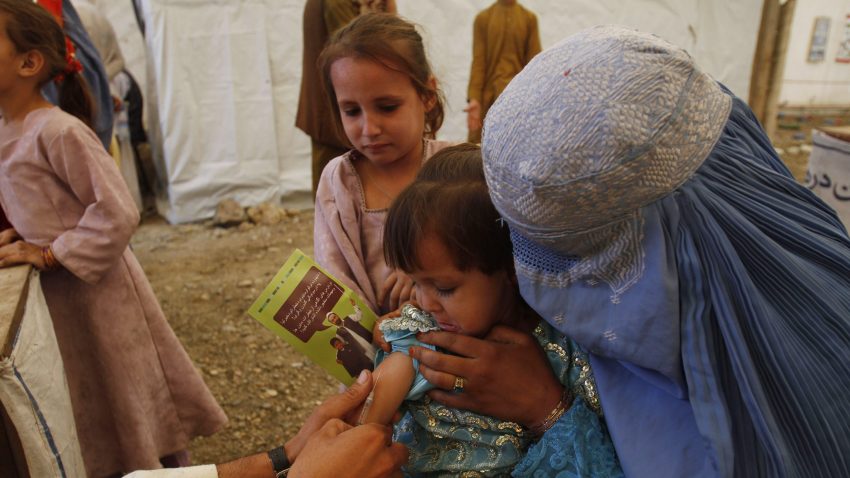For human health, war is hell. One could pick any past or present conflict to illustrate how war damages health. Armed conflicts kill, injure and traumatize people; wreck health infrastructure and services; and expose populations to diseases. People flee war’s dangers, often only to live a desperate, destitute existence. This parade of health horribles appears once again in the ongoing Syrian conflict, widely recognized as one of the world’s worst humanitarian crises.
The Syrian case demonstrates many common responses to health crises spawned by war: identifying civilian death and suffering; providing humanitarian assistance; emphasizing respect for human rights and civilian protections enshrined in international law; seeking accountability for violations of these rules; and preparing to address health needs in post-conflict reconstruction. Powerful ideas and beliefs inform these responses, including: that war is a major source of global health burdens; that international law helps in mitigating these burdens; and that protecting civilian health in armed conflict has elevated political and moral significance.
Unfortunately, realities in armed conflict challenge these ideas and beliefs. War’s contribution to global health burdens, for instance, dramatically declined after the Cold War. Belligerents, especially in civil wars, routinely violate international law designed to protect civilian health in wartime. And what happens in armed conflicts suggests that protecting civilian health does not have special normative significance.

